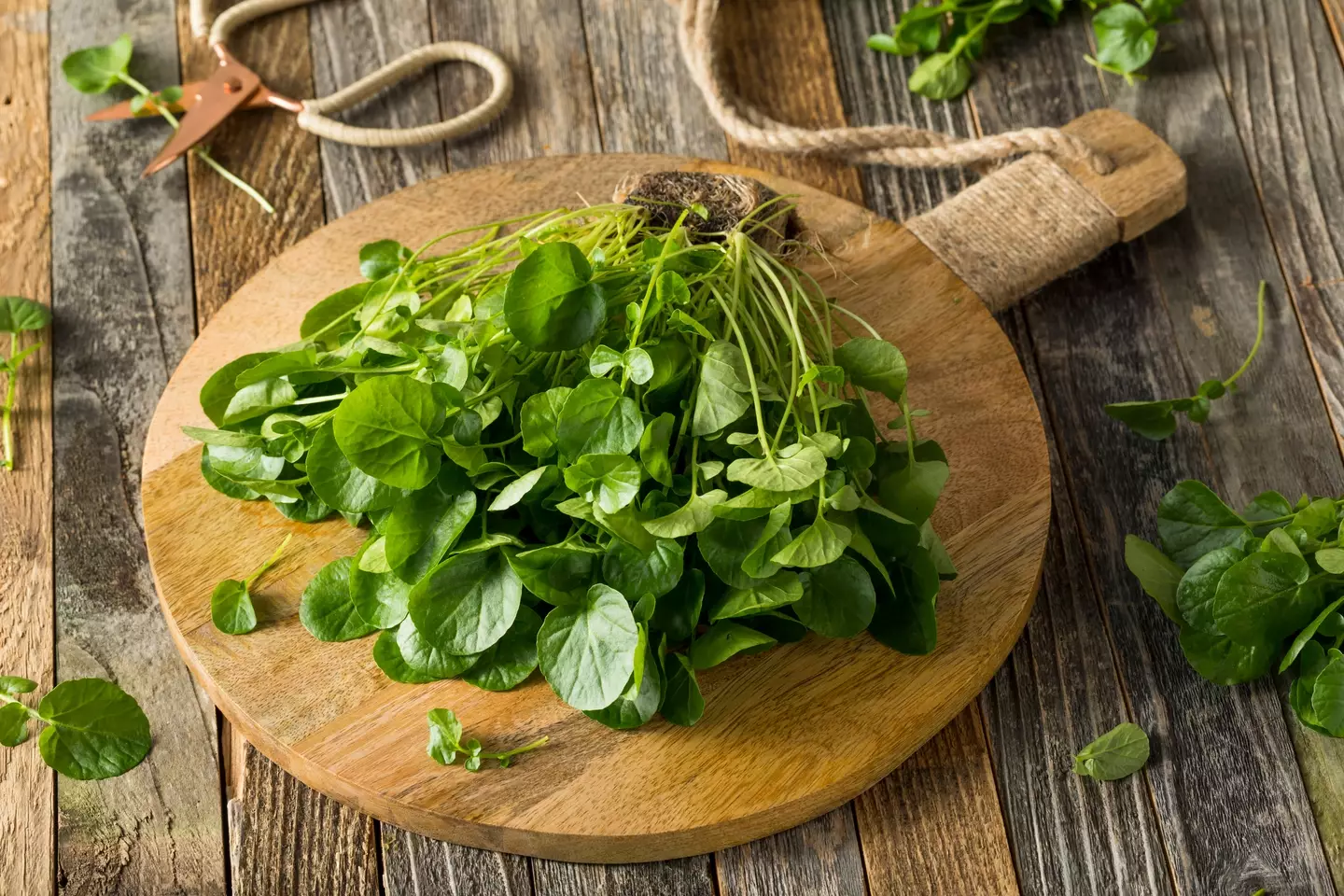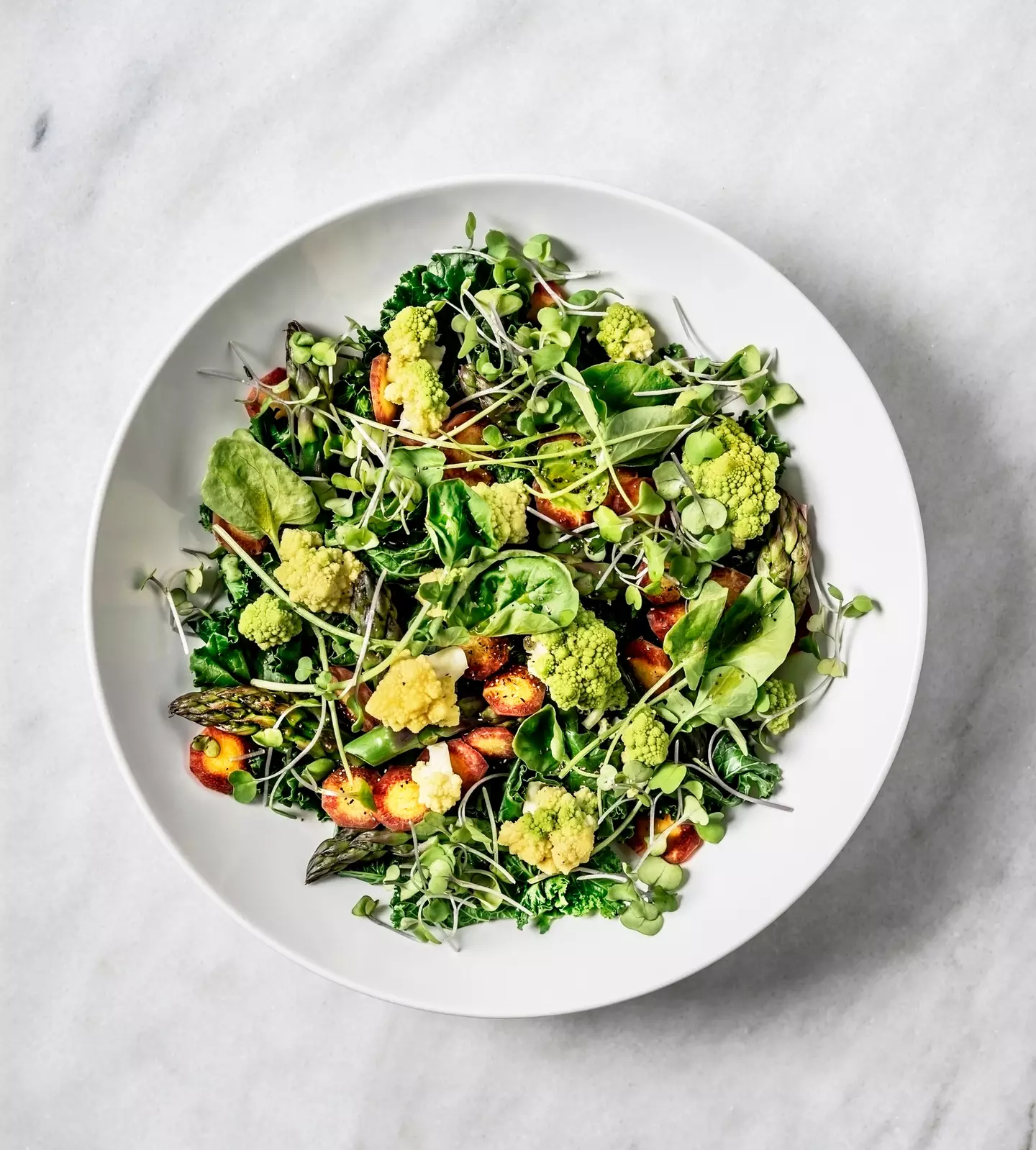
If you’re wondering how to get more nutrition into your diet, there’s one vegetable in particular that you ought to start wolfing down. Handily, it's a leafy green that's easy to pack into salads and sandwiches, and these little sprouts pack in far more nutrients than you might imagine.
With a distinctive, slightly peppery flavour, including this green adds an extra tasty touch - not to mention all the vitamins and minerals it's full of.

The vegetable in question is watercress, and the US’s Centers for Disease Control and Prevention (CDC) gave it a perfect score on its nutrition scale.
Advert
Medical News Today reported that watercress has even joined the elite ‘superfood’ group thanks to the findings, with even small amounts of the stuff packing a punch on the vitamins front.
"Watercress is an ancient green that may have been a staple in the diet of Roman soldiers. It is also a member of the cruciferous family, alongside kale, broccoli, arugula, and Brussels sprouts," said Medical News Today.
"Its newfound popularity is partly due now to a growing awareness of its dense nutritional content."
Other high-scoring veggies on the CDCs list include Chinese cabbage, which scored 91.99 on its scale, chard which scored 89.27, and beetroot greens at 87.08.
Each of these are cruciferous vegetables rich in fibre, potassium, protein, calcium and iron. Yes, protein, despite what some muscle-bound meat-munchers might assume.
So what is that sets watercress apart?
Serena Poon, a nutritionist, explained matters to the New York Post.
“Watercress may be tiny, but it’s one of the most nutrient-dense foods you can find,” she said.
“Plus, since it’s low in calories, you get all these benefits without adding much to your daily caloric intake.
“Additionally, the nitrates in watercress are known to lower blood pressure, further protecting your cardiovascular system.
“Adding watercress to your meals could be a simple yet powerful way to give your heart some extra support.”
She added: “Watercress contains powerful phytochemicals, including glucosinolates, which have been shown to inhibit cancer cell growth.
“When you chew watercress, these glucosinolates are converted into isothiocyanates, compounds that have been studied for their anti-cancer properties.”
If all that wasn’t enough to convince you, it’s also great for your skin thanks to its vitamin C, beta-carotene and lutein.

“Vitamin C, in particular, is essential for collagen production, which helps maintain skin firmness and can reduce the appearance of fine lines,” said Poon.
If you’re keen to get more nutrients and vitamins into your system, it seems there are few better options than a mouthful of watercress.
